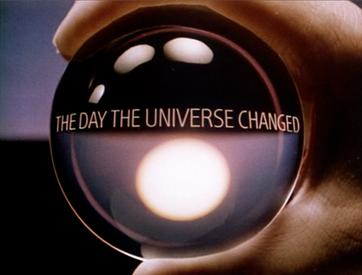For anything so overdone is from the purpose of playing,
whose end, both at the first and now, was and is to hold,
as ’twere, the mirror up to nature,
to show virtue her own feature,
scorn her own image,
and the very age and body of the time his form and pressure.
Hamlet: Act 3, Scene 2
The Mirror of Fic-tion
He had written a play that won him the Pulitizer Prize in Fiction.
Yet, the broken mirror of reality, bedeviled him and beguiled him.
She had become one of the most famous actresses of the age.
Yet, the broken mirror of reality, bedeviled her and beguiled her.
Make-believe and Playing are simpler than Reality. And they can serve as a safe haven for the Four Temperaments.
What’s that you say, Mrs. Robinson
Joltin’ Joe has left and gone away
“She was a whirling light to me then, all paradox and enticing mystery, street-tough one moment, then lifted by a lyrical and poetic sensitivity that few retain past early adolescence.” — Arthur Miller.
Continue reading The Broken Mirror of Fac-tion →














